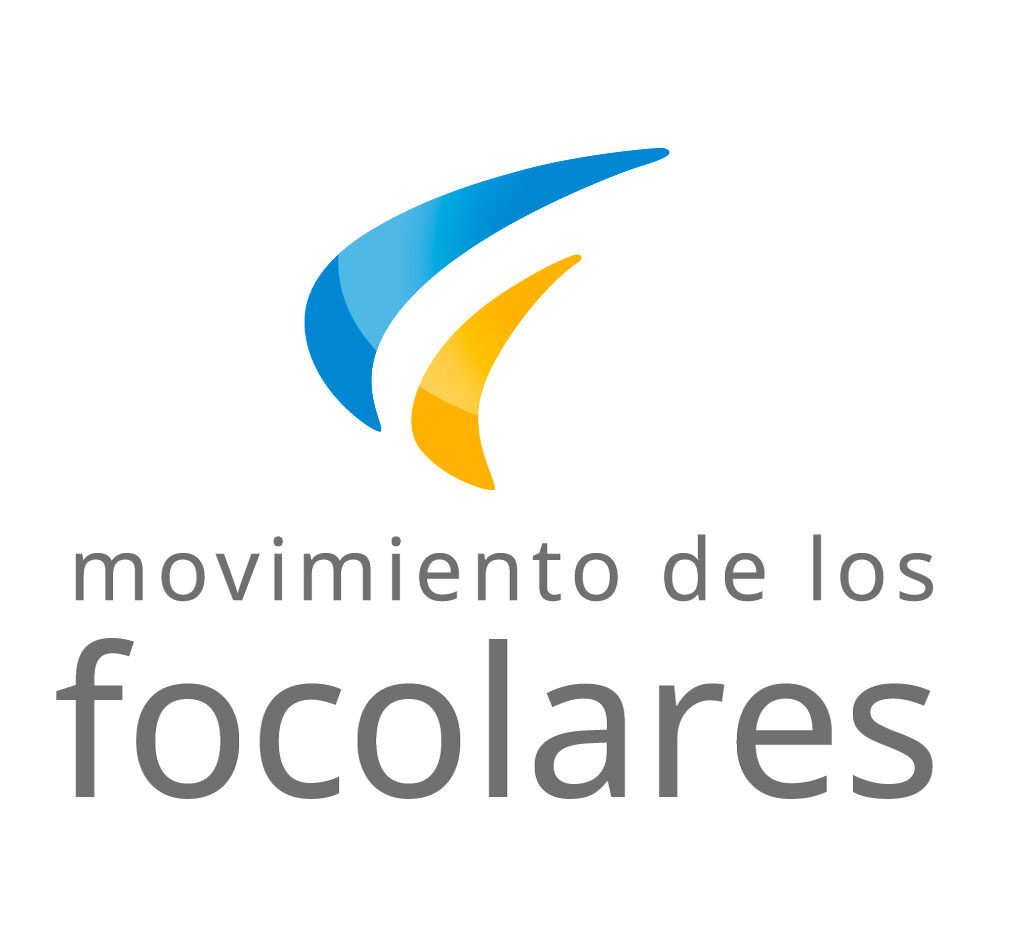- The Economy of Communion (EoC) is a movement that brings together entrepreneurs, businesses, associations, and economic institutions, as well as workers, managers, consumers, savers, scholars, economic operators, the poor, citizens, and families. It was founded by Chiara Lubich in May 1991 in São Paulo, Brazil. Its purpose is to contribute, in the light of the Charism of Unity, to give life to fraternal enterprises who feel it is their mission to eradicate misery and social injustice, contributing to building an economic system and a human society of communion, in imitation of the first Christian community of Jerusalem, where "among them there was no one in need” (Hch 4,32-34).
- The EoC is a unique and global reality, coordinated by a Central Commission and by Local Commissions, linked to the Central Commission based on the principle of subsidiarity.
- Who adhere to the EdC, at any level, They commit to living the values and culture of communion in the light of the charism of unity, both personally and within the organizations in which they operate, becoming their animators and promoters. In particular, they commit themselves, through their ideas and actions, to ensuring that the culture of communion, giving, and reciprocity increasingly penetrates the world of economics and permeates it at all levels.
- The backbone of the EdC is made up of productive companies or organizations with different legal forms, including non-profit ones, who decide to put the culture and values of the EoC into practice.
- EoC companies are committed to generating wealth and creating jobs with creativity and innovation, as well as to share their profits for the purposes of the EdC Project, even beyond the scope of its normal interest bearers.
- Based on the original inspiration, The EdC brings business parks to life (called Poles), primarily in the Citadels of the Focolare Movement, in which they are integrated. These business parks, signs of the testimony and concretization of the project, are a essential component of the EoC and complete the project in a specific region and/or country.
- The application for membership in the EdC of people and/or institutions there are direct it to the local commission, who grants it provided that the following are met requirements:
to) a serious commitment on the part of the entrepreneur or entrepreneurs to begin a path of communion with the local commission and with the entire EdC movement at the local and international level, not only as a person but, in the case of a business owner, as a representative of the business community;
b) share the project objectives and the aims of the Charism of Unity of which the EdC is an expression;
c) be open to allocating the company's profits, if obtained, to the three purposes of the project, which are: concrete help to the needy, training of “new men”, development of the company and/or remuneration to partners;
d) to run the company inspired by brotherhood, in accordance with the document “Guidelines for managing an EdC company”;
e) understand and To live the relationship with people in need on a level of substantial dignity, respect, equality, reciprocity and communion;
F) conceive one's own company and/or activity as a place and an instrument to reduce homelessness, misery and injustice, both in the local and global context.
- The EoC also gives life to a movement of thoughts and ideas, in authentic dialogue with contemporary culture and with the civil, solidarity, and social economy at the local and international levels.
- The EdC cooperates with the initiatives of different ichurches, religions and of the civil society and politics, which are felt to be a vital expression and instrument of unity.
- The EoC contributes to “all being one” (Jn, 17,21).

